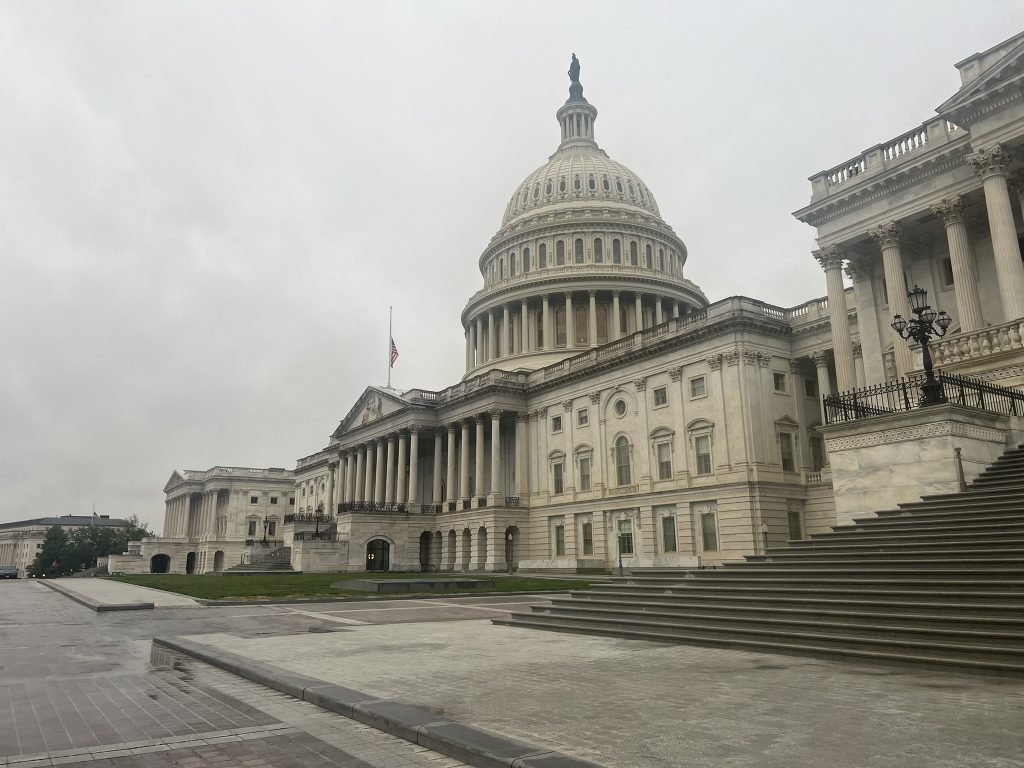
What happened: California Proposition 12 (Prop. 12) has come into full effect as of Jan. 1, mandating that all covered pork shipped to California must abide by the state’s arbitrary production standards. Pork producers across the country continue to voice their concerns over how California’s overregulation could negatively impact family farms and are looking to Congress for a solution.
Three Illinois pork producers, including former NPPC board member Phil Borgic, have weighed in on Prop. 12, with a letter to the editor that ran in The Pantagraph of Bloomington, IL. In the letter, the producers highlighted: “If we want to continue farming, Proposition 12 will undoubtedly raise the cost of producing pork for us and other hog farmers, which jeopardizes an Illinois industry that contributes $3.3 billion in economic value and supports nearly 34,000 jobs.”
Prop. 12 requires pork to be from hogs born to sows that are provided both a minimum of 24 square feet per sow and are not housed in individual pens. In the United States, the industry average for sow breeding pens is 16 to 18 square feet.
NPPC board member Todd Marotz, a pork producer from Sleepy Eye, MN, in an interview with the Minneapolis Star-Tribune, estimated only 20% of his farm’s barns meet the California standard. He also pointed out some of the consequences of Prop. 12, including higher prices for pork and a larger carbon footprint for the pork industry as producers use more energy to heat larger barns in the winter and cool those barns in the summer.
Prop. 12 applies to uncooked cuts of whole pork meat, including bacon, ham, chops, ribs, riblet, loins, shanks, roast, brisket, steak, sirloin, or cutlets. California regulations exclude products that are cooked, or otherwise ready to eat, in addition to sausage and ground pork.
Why it matters: Pork producers across the country interested in selling to California’s massive 40-million-person marketplace must comply with Prop. 12. With producers facing average losses of $30 — sometimes exceeding $40 to $60 — on each hog marketed in 2023, most can’t afford the often significant costs of complying.
NPPC’s take: NPPC — which has fought against ballot initiatives such as California Prop. 12 and Massachusetts Question 3 for the past decade, including challenging these laws before the U.S. Supreme Court — is working with members of Congress on a solution to the problems created by the law and the rapidly emerging complex web of conflicting state laws.

















